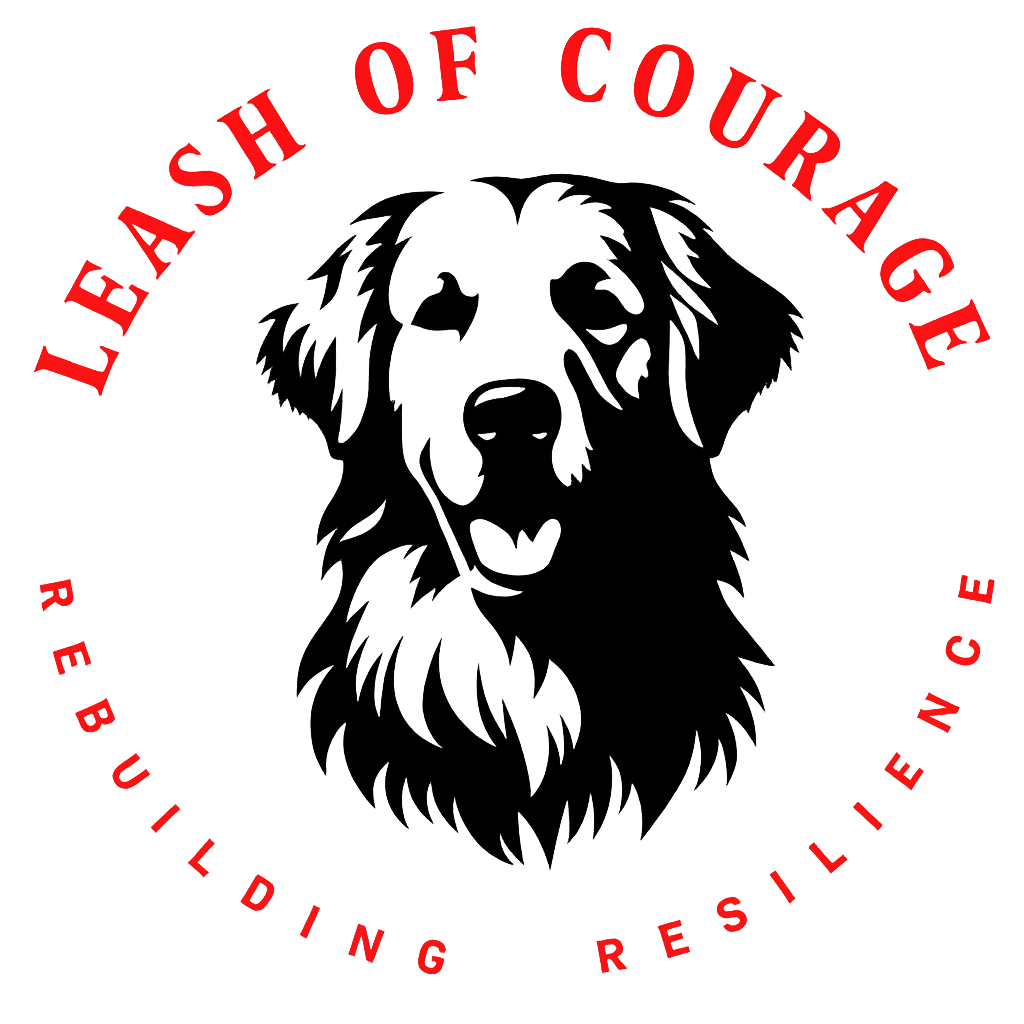The Neurobiology of Resilience: How the Human-Canine Bond Helps Whistleblowers Heal from Retaliation
Whistleblowers often pay a steep price for their integrity. The decision to expose misconduct—whether in government, healthcare, or corporate settings—can unleash waves of retaliation that leave the truth-teller unemployed, isolated, and deeply wounded. Research shows that whistleblowers experience rates of stress-related illness, depression, and post-traumatic stress disorder far higher than average workers. The psychological toll is not just professional but existential, shaking one’s sense of safety and trust in others.
Traditional therapies for trauma—cognitive behavioral therapy, mindfulness, medication—are crucial but often incomplete for whistleblowers navigating long-term adversity. Increasingly, science is pointing toward an unexpected but profoundly effective ally in resilience: the human-canine bond…
-
The Neurobiology of Connection
Humans and dogs have co-evolved for at least 15,000 years. Dogs are not only adept at reading human facial expressions but also at synchronizing with our emotions. When people interact positively with dogs—gentle petting, gazing into each other’s eyes—both species release oxytocin, the hormone responsible for bonding and trust.
Oxytocin has measurable effects on resilience. It dampens cortisol, the stress hormone elevated in prolonged conflict. Studies have shown that petting a dog for just 10 minutes can lower blood pressure and heart rate, while also reducing subjective anxiety. This physiological shift allows whistleblowers, who often live in states of chronic hypervigilance, to feel safe enough to process trauma.
Structure Restores Agency
Retaliation destabilizes life. Careers collapse, routines vanish, and uncertainty rules. Dogs demand routine—feeding, walking, grooming. This daily structure provides more than distraction: it reestablishes circadian rhythm, instills a sense of agency, and grounds the whistleblower in the present moment. Neuroscience calls this a “behavioral scaffold”—small, repeated actions that help restore the brain’s capacity for executive function and decision-making.
Movement, Nature, and Attention Restoration
Exercise and exposure to nature are proven buffers against depression and anxiety. Yet whistleblowers weighed down by grief and isolation often struggle to find motivation. Dogs act as natural catalysts for movement. Walking with a dog engages multiple sensory systems—smells, sounds, textures—that pull attention away from rumination. This supports “attention restoration,” a psychological mechanism that replenishes cognitive resources depleted by stress.
Rebuilding Trust Through a Different Bond
One of the deepest injuries of retaliation is the collapse of trust in human relationships. Dogs offer an alternative form of trust—uncomplicated, unwavering, free of betrayal. Neuroscientific research suggests that safe relational bonds, even across species, can rewire neural pathways shaped by trauma. The trust cultivated with a dog can serve as a bridge toward reengaging with humans.
From Survival to Post-Traumatic Growth
Resilience is not merely endurance—it is transformation. Psychologists describe “post-traumatic growth” as emerging from trauma with deeper meaning and renewed purpose. Through companionship with dogs, whistleblowers often rediscover their capacity for love, responsibility, and care. These reminders counter the narrative of defeat imposed by retaliation. In some cases, the healing process expands outward into volunteerism, opening the possibility of a new and meaningful purpose in a whistleblower’s life.
The neurobiology is clear: the human-canine bond isn’t sentimental—it’s medicinal. For whistleblowers rebuilding their lives after retaliation, a dog can be more than a pet. It can be a partner in resilience, helping rewire stress, restore trust, and guide the long walk back toward wholeness.
